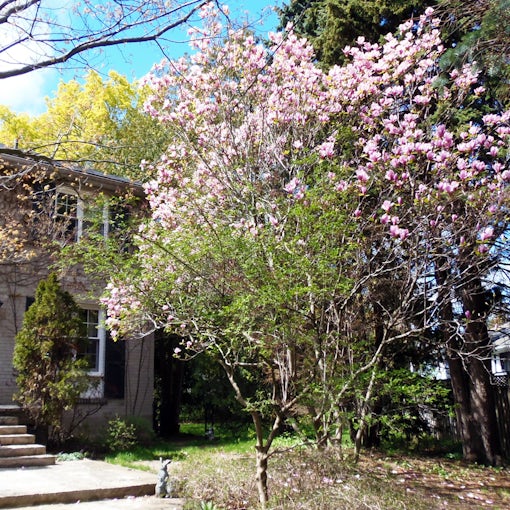All landlords want tenants to do is pay the rent and look after the property. But so many things can challenge this simple requirement which can easily result in less of the rent getting to or remaining in your bank account.
Firstly maximising rental return isn’t about increasing the rent every year. Sometimes it is prudent to leave the rent unchanged even if the local market has increased.
If you have tenants with no pets; tenants that don’t smoke in the property; tenants with no children and tenants that are clearly looking after the property then there is a value to this tenancy.
Increasing the rent may result in notice to quit from the tenants. Replacing them with tenants with children and pets will mean more wear and tear to the property. In this I don’t mean damage just routine wear and tear and the cost to a landlord can be a lot higher than the total value of the rent increase. You have to value how much value you place on a good tenant. Over the years I have seen landlords hold rent for years and some to reduce rents to retain good tenants.
How often can I increase the rent?
You can increase the rent at the end of the initial term (often 6 months – sometimes longer) and then not more than once every 12 months unless previously agreed in writing with the tenants. A tenant has a right to challenge an increase you are applying for. You should use a Section 13 (2) prescribed notice to apply for an increased rent.
How much should I increase the rent to?
When considering rent increases I always keep the new proposed rent lower than I would confidently be able to achieve on the open market if I had to relet. If your tenant carries out some research they will see you are being fair and hopefully support your request. I suggest phoning or visiting your tenants to talk about the changes in the local market and discussing your thoughts about a new higher rent. Remember if they decide to move on rather than pay the rent you may experience a void between tenancies which would most likely eat away at any benefit you’ve gained.
Letting quickly and minimising voids
Another critical point that many landlords over look is getting the property let quickly. Things that can put off viewers include such points as: poor broadband connection; high energy costs; external presentation; easy of garden management; condition of the gutters soffits and fascias; condition of the window frames and the internal decorative condition. In my experience even a property with an old kitchen and bathroom can look attractive if clean, well decorated and cared for.
Treat your tenant like a customer and deal with maintenance issues promptly. If you live locally visit the tenant by arrangement and prove to them you are interested in them and your property.
Tenants change of circumstances.
Do you have rent default protection should the tenants circumstances change?
Buildings insurance doesn’t cover for this. Some policies cover for lost rent if the property becomes inhabitable for a time during works but not a change to the tenants circumstances causing them to go into rent arrears.
Belvoir have excellent rental default protection. Just call or email for more information.
Free Advice
Terry Lucking is the owner and director of Belvoir Peterborough. Terry and his team are willing to help investors and landlords maximize their rental income. Terry offers a free one to one review. During these reviews Terry and his team will look at the various options to protect and increase your rental returns.
Belvoir Peterborough is an accredited and regulated agent. Members of ARLA, Safe agent, Safeagent and the Property Ombudsman. It is a requirement for a member of ARLA and Safe Agent to have Client Money Protection and have their accounts independently audited annually.
This article was prepared and written by Terry Lucking owner of Belvoir Lettings Peterborough.
For more information or to ask Terry a question send an email to terry.lucking@belvoirlettings.com









